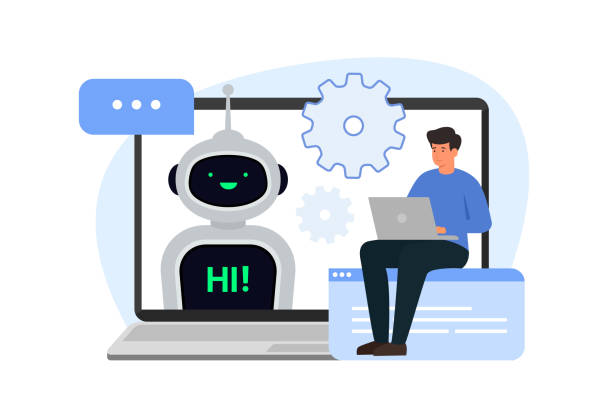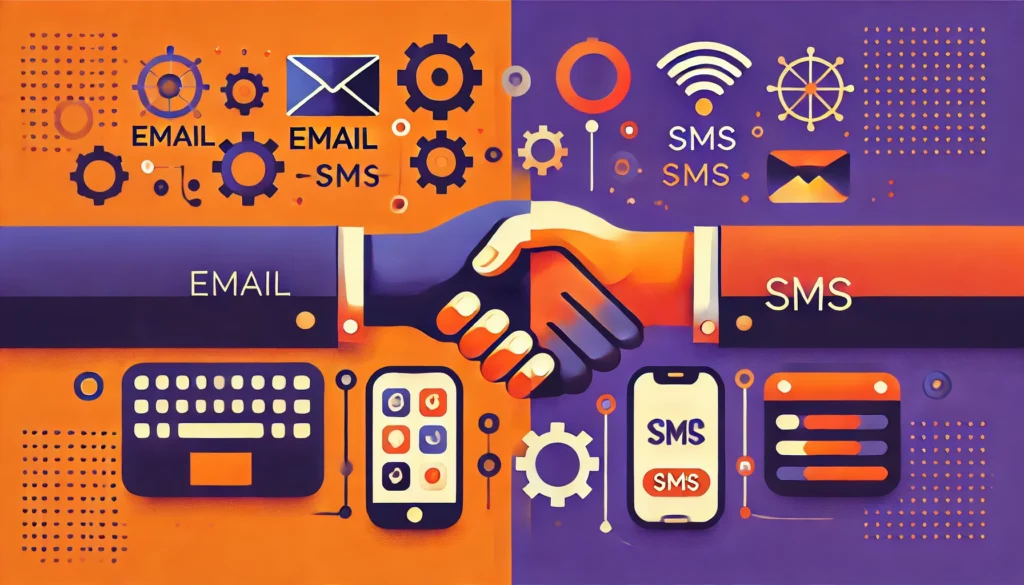Automating Success: Pros and cons of email and text marketing
Product
Your business needs to keep up with how customers prefer to communicate. The challenge? Making sure your message cuts through the noise and actually reaches your audience. If you’re a business owner or marketing manager, you know this struggle all too well. Customers are bombarded with information, making it hard to capture their attention. But what if there was a way to reach them directly, quickly, and effectively?
Enter SMS/MMS marketing automation—a powerful tool that sends the right message at the right time, directly to your customers’ mobile phones. As experts in digital marketing, we’ve seen firsthand how SMS/MMS can transform customer engagement and drive business growth. In this article, we’ll share insights on how SMS/MMS marketing automation can help you increase sales and customer loyalty. You’ll walk away understanding the costs, benefits, and best practices of SMS/MMS marketing, armed with the knowledge to implement this powerful tool effectively.
Cost Analysis of SMS/MMS Marketing Automation
What Does It Cost to Implement SMS/MMS Marketing Automation?
Implementing SMS/MMS marketing automation is surprisingly cost-effective, especially when compared to other marketing channels like PPC advertising or email marketing. The costs can vary based on the volume of messages you plan to send and the sophistication of the automation software you choose. However, the return on investment (ROI) can be significant due to the high open and response rates of SMS/MMS messages.
Cost Comparison: Automated SMS/MMS vs. Other Digital Marketing Channels
When compared to email marketing, which has an average open rate of around 20%, SMS/MMS messages boast an impressive 98% open rate. This means your messages are almost guaranteed to be seen, making SMS/MMS a more cost-effective choice for reaching your audience directly.
Common Challenges in SMS/MMS Marketing Automation
While SMS/MMS marketing holds great potential, it comes with its own set of challenges. These include navigating carrier restrictions, maintaining compliance with regulations like the TCPA (Telephone Consumer Protection Act), and crafting messages that are concise yet impactful. Overcoming these challenges is key to a successful SMS/MMS marketing strategy.
Technical Issues and Practical Solutions in SMS/MMS Automation
Technical hitches can arise, such as integration issues with existing CRM systems or data segmentation problems. Choosing a reputable SMS/MMS marketing platform that offers robust support and easy integration options can help mitigate these issues.
Comparing SMS/MMS Marketing Platforms
SMS/MMS vs. Email Marketing: Which Offers Better ROI?
While both platforms have their merits, SMS/MMS/MMS marketing often provides a higher ROI due to its immediacy and higher engagement rates. For quick promotions and time-sensitive alerts, SMS/MMS is the more effective channel.
Best Practices for SMS/MMS Marketing Automation
Obtain Explicit Consent: Always secure explicit permission from recipients before sending marketing SMS/MMS messages to comply with legal requirements and build trust with your customers.
Personalize Your Messages: Use customer data to tailor your messages with relevant details such as the recipient’s name and past interactions, making each communication feel more individual and directly relevant.
Use a Clear Call-to-Action (CTA): Ensure every SMS/MMS includes a straightforward CTA, guiding recipients on what action to take next, thereby increasing the likelihood of engagement.
Time Your Messages Appropriately: Send messages at optimal times, such as mid-morning or late afternoon, to maximize open and response rates, considering the recipient’s time zone.
Monitor and Adjust Based on Analytics: Regularly review key metrics such as open rates and conversions to refine and enhance the effectiveness of your SMS/MMS campaigns over time.
How SMS/MMS Automation Enhances Customer Retention and Sales
By providing immediate value and maintaining continuous touchpoints, SMS/MMS marketing can significantly enhance customer retention. Automated messages that thank customers post-purchase or offer personalized discounts can lead to repeat sales and increased customer lifetime value.
Preparing for the Future of Automated Communications
By integrating both email and text message (SMS/MMS) marketing, businesses can create a comprehensive strategy to effectively reach and engage their audience. While email allows for detailed and personalized communication, SMS/MMS marketing offers immediacy and high engagement rates for direct and urgent messages. Leveraging both channels strategically enables businesses to maximize their reach, enhance customer engagement, and foster brand loyalty.



